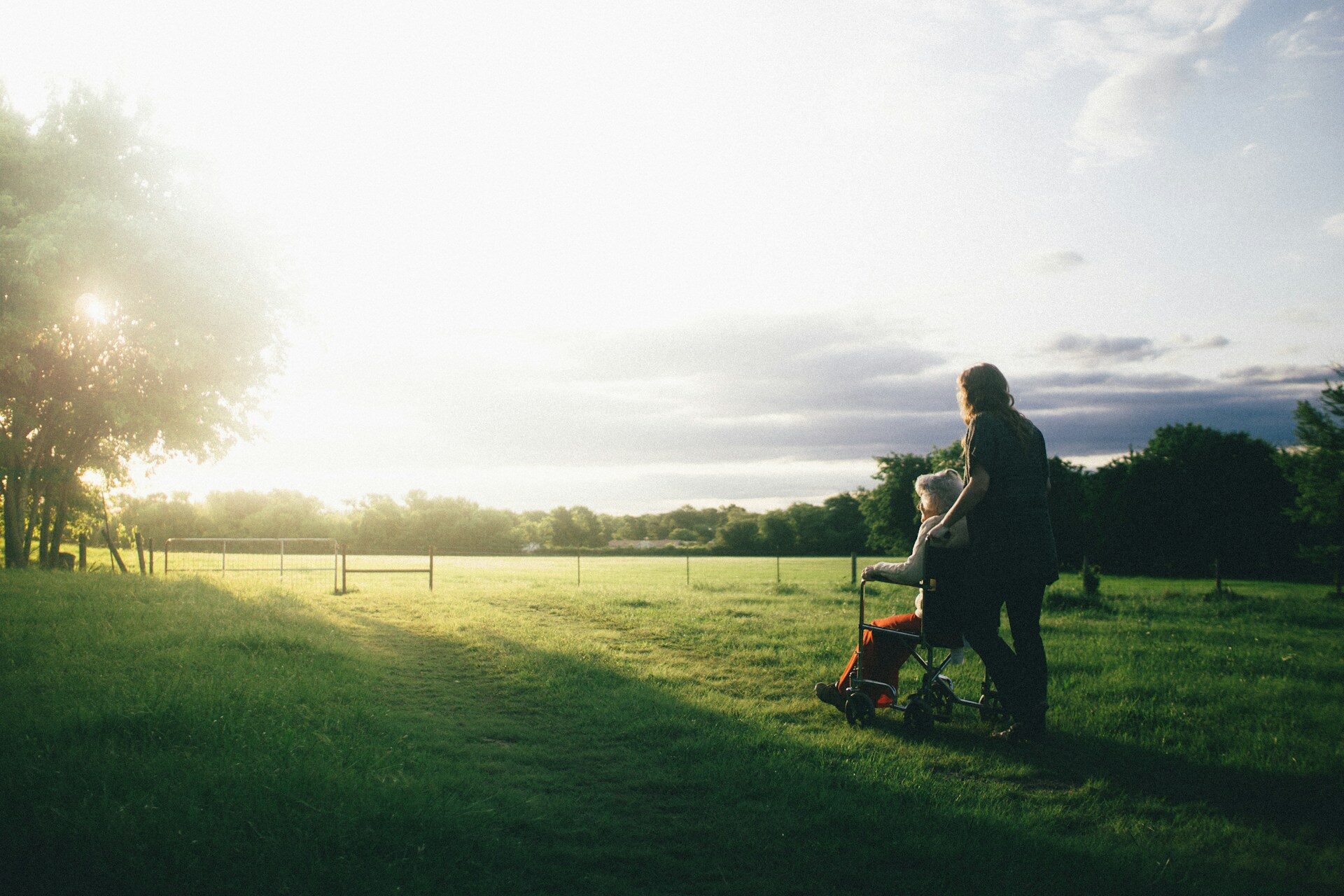As Albertans age, they may seek alternative accommodations through an assisted living arrangement. However, entrusting the care of a loved one to a long-term care facility is a decision that is not made lightly. It often requires careful consideration based on expecting the individual to receive compassionate and competent care. Nevertheless, instances of nursing home negligence and abuse sadly do occur, leaving vulnerable residents in harm’s way and their families grappling with feelings of distrust and helplessness.
This blog will shed light on key aspects of nursing home negligence that individuals and families should be aware of. From recognizing the possible red flags indicating abuse and neglect to understanding the legal recourse available, we will help readers understand what steps to take in the face of mistreatment or neglect in assisted living facilities.
What is Nursing Home Negligence?
Nursing home negligence encompasses a range of failures on the part of caregivers and facilities, including neglect, physical abuse, medication errors and inadequate supervision, among others. Understanding the signs of negligence and taking appropriate action is crucial for protecting the rights and well-being of nursing home residents. Although any resident may experience abuse or neglect, older adults who suffer from any form of dementia can be particularly vulnerable and are at a higher risk of being taken advantage of.
Nursing home abuse requires a specific intent to cause harm, or a risk of harm, to a nursing home facility resident. Conversely, nursing home neglect can occur when a nursing home, or its staff, fail to meet their obligations to ensure their residents remain safe and receive the appropriate level of care they require with their day-to-day routines.
Understanding Types of Abuse
According to the Alberta Elder Abuse Awareness Council, approximately 23,000 seniors in the province experience one or more forms of abuse. Long-term care facility residents often have health issues which require them to rely heavily on staff to help them manage several of their day-to-day needs. However, throughout providing such care, residents may be subjected to various forms of abuse, such as:
- Physical abuse or violence, unnecessary discomfort, and improper or unnecessary use of restraints;
- Psychological and emotional abuse, including threats, manipulation, invasion of privacy, verbal abuse, or being ignored;
- Financial abuse through blackmail, extortion, stolen or unauthorized use of money or property; and/or
- Sexual abuse, including inappropriate and unwanted touching of a sexual nature.
Identifying Signs of Abuse and Neglect
Often, when a nursing home resident is experiencing neglect or abuse, the problem is recognized and reported by another individual, such as another staff member, visitor, or medical professional. Therefore, it is important to be aware that warning signs can take many forms, including, but not limited to:
- Physical signs, such as unexplained cuts, welts or bruises, bedsores, broken bones or fractures, weight loss or gain, poor personal hygiene, or changes in complexion;
- Emotional signs, such as withdrawal, sadness or depression; or
- Other unusual signs, such as an unkempt room, broken items, torn clothes, or non-use of favourite items.
As a result of negligent care, residents may experience pain, injuries, or suffering if they are not provided with adequate and appropriate care. In extreme cases, if a resident experiences neglect or appropriate medical care is withheld from them, this can lead to serious medical implications, such as dehydration or missed diagnosis, or even death, which may provide grounds for a medical malpractice claim.
What To Do If You Suspect Abuse or Negligence
If you have reason to believe that a nursing home resident is experiencing abuse or neglect, it is important to take note of the individual’s emotional and physical conditions and document those, along with the conditions of the care facility. Such documentation can serve as helpful evidence in proving your claim. It is also important to contact a trusted personal injury lawyer who has experience managing claims involving elder abuse and nursing home negligence.
If your loved one is a victim of nursing home negligence or elder abuse, they may be able to recover financial compensation and hold those involved accountable for their actions. Personal injury lawyers play in advocating for victims of nursing home negligence and their families. Drawing upon their experience and resources, an injury lawyer will help you understand your options and can utilize their resources to investigate your claim, gather evidence, and prepare a lawsuit against those responsible.
Contact the Compassionate Lawyers at Cuming & Gillespie for Advice on Nursing Home Negligence and Elder Abuse Claims
The trusted team of personal injury lawyers at Cuming & Gillespie have extensive experience assisting clients in elder abuse and nursing home negligence claims. Our compassionate injury team understands the stress, helplessness and uncertainty you may be feeling while dealing with an abused or neglected family member. If you are concerned about a loved one in a long-term care facility, our lawyers will review your case and assess whether you have a viable claim. To schedule an initial consultation with one of our team members, contact us online or by phone at 403-571-0555.

